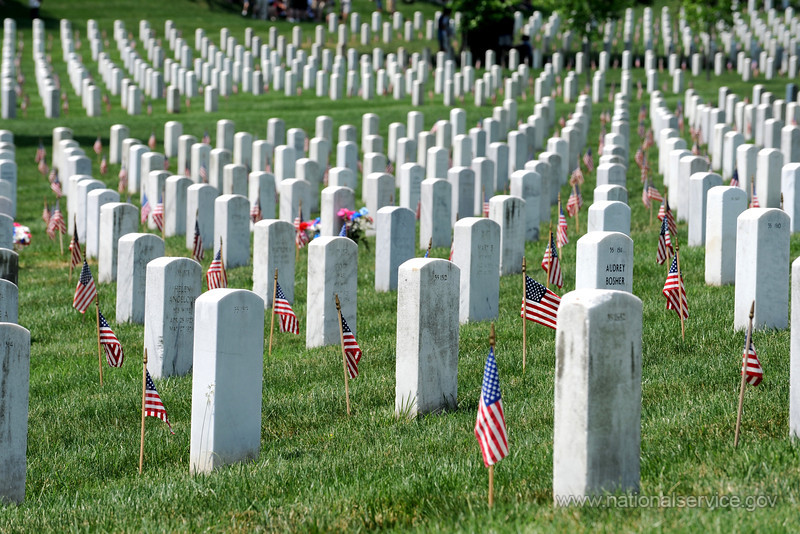I never heard the terms flattening the curve and social distancing until recently. Social distancing helps to flatten the curve, so in the case of the COVID-19 pandemic those who get infected with the virus will do so at a slower rate and not overwhelm the resources of hospitals and first-responders.
This is my first effort at social distancing. It’s going OK, but it does feel strange. There is a disconnect being six feet away from co-workers and a panicky feeling when I do not remember if I used hand sanitizer after opening a door.
This disconnect got me thinking about people who are sick with COVID-19 and people who have died from the virus, as well as their family and friends. This is an unprecedented period in our lives. Right now, being with our friends, family and community, which is an integral part of our Jewish tradition, is not deemed safe. People are having funerals and grieving alone.
Community makes a vital contribution to our Jewish identity. We celebrate together, we pray together and we grieve together. I reached out recently to Matt Levinson, president and funeral director of Sol Levinson & Bros. funeral home about what they were doing to support families during the pandemic.

Levinson acknowledged that this is a difficult time. “All Jewish traditions are being met and we are doing everything we can to provide families with a dignified funeral service and burial,” he said. He went on to say that most families were electing to have a private shiva.
After that conversation, government restrictions were introduced for public health and safety reasons that impact funerals and burials. The short-term impact of these restrictions is to prevent the spread of COVID-19. We do not know how long these measures will be in place, and most people understand the importance of these measures. It does, however, create the opportunity for additional stress, anger and an extended grief response.
Grieving is a complicated process, and mourning is as unique as each person who engages in public expressions of grief. Adding to the isolation of grieving alone is the fact that we are helpless to comfort those who are dying alone in hospitals, nursing homes and hospice facilities, when they should be surrounded by loved ones.
This pandemic has forced us to change how we comfort the sick, how we comfort families of the sick, bury our loved ones and grieve for them. It has forced us to find other ways to “attend” funerals and to mourn.
The first structured time of mourning in Judaism is shiva, the seven-day mourning period immediately after the burial. It is a ritual practice that gives the bereaved time to begin the mourning process in the company of family and friends.
As a result of the safety measures put into place, most shivas have been cancelled or postponed. I do not know of any other time this has happened. These disruptions in both funerals and shiva may create a new type of extended grief. The impact of this will reveal itself as the global community eases restrictions and life gets back to “normal.”
How do we help those we love who are grieving a loss in a situation we have never experienced?Obviously, friends and family need to remain engaged and offer support, but the question is how to do it.
I have a few suggestions that people have found helpful during this time:
- Send cards and notes.
- Send stories about the person who has died.
- Send photographs if you have them.
- Offer food. Meals and shiva trays can be left on porches.
- Use technology. Engage and communicate with mourners by calling, using social media, Skype and Zoom. Many of us are not familiar with some of the technology available. In the past three weeks, I learned how to use Zoom to stay connected. It was not difficult. If you have someone to talk you through the process, even better. Using technology in this way is helpful and appropriate.
Our learning curve is steep. We are doing all we can to take care of ourselves and each other. Every day brings new challenges. We will get through this and we will find ways to help those in our community and around the world deal with a different kind of grief and mourning.
We are all in this together.

Donna Kane is a grief specialist for Jewish Community Services.
JCS provides a broad range of services that meet the diverse, multi-dimensional needs of individuals and families throughout Central Maryland. We offer guidance and support when you are seeking solutions for emotional well-being, aging and caregiving, parenting, job seeking, employers and businesses, achieving financial stability, living with special needs, and preventing risky behaviors. To learn more, please visit our home page or call 410-466-9200.





